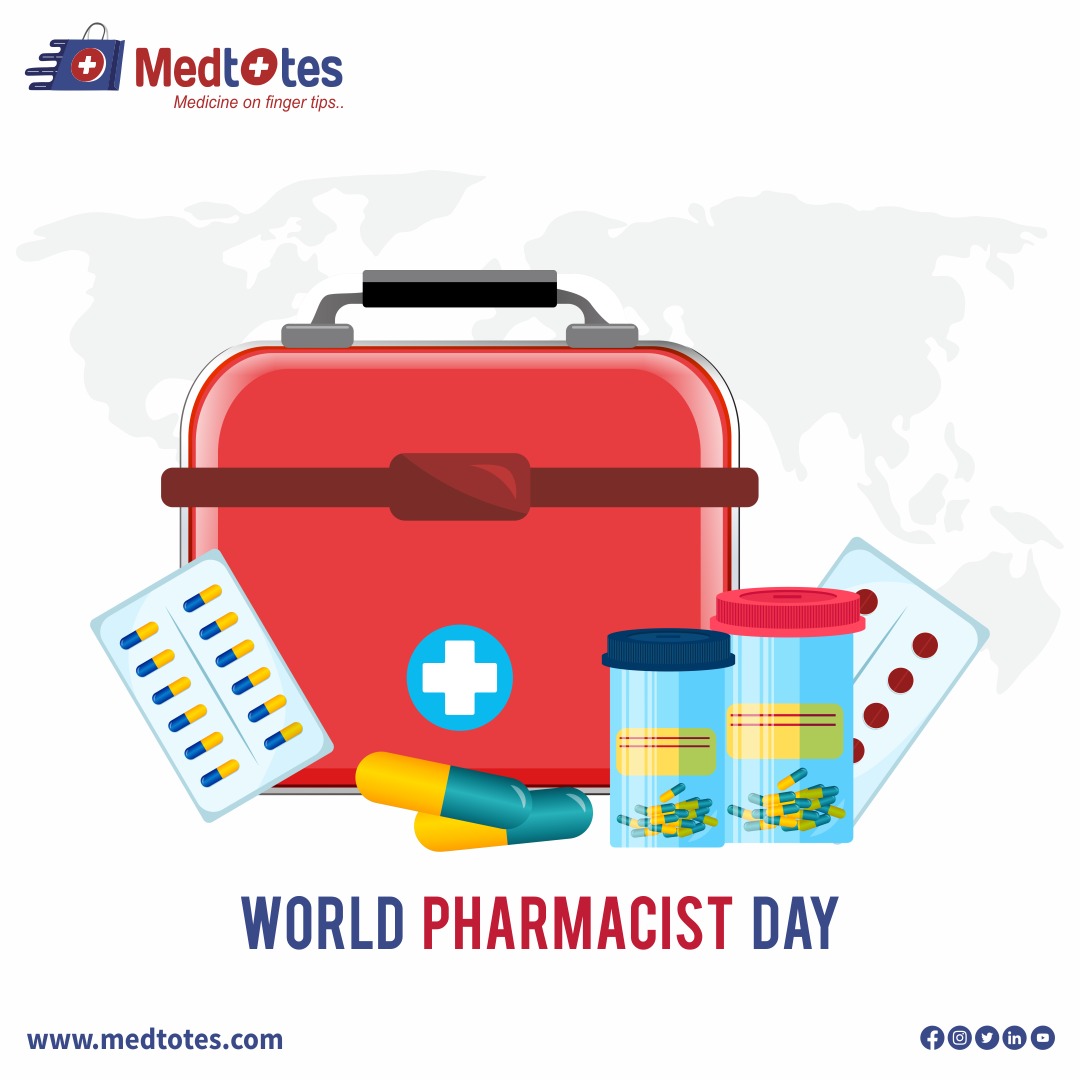I. INTRODUCTION
World Pharmacist Day is an annual event that strives to raise awareness about pharmacists’ critical role in healthcare. It is extremely important since it shows pharmacists’ vital contributions to patient care and drug management. The International Pharmaceutical Federation (FIP) established September 25th as World Pharmacist Day in 2009 in order to commemorate pharmacists worldwide. It is critical to honor and acknowledge pharmacists because they play an important role in promoting pharmaceutical safety and effectiveness, maintaining patient safety, and improving overall healthcare outcomes.
II. THE ROLE OF PHARMACISTS IN HEALTHCARE
A. Ensuring safe and effective medication use
1. Dispensing prescriptions accurately and providing dosage instructions.
2. Educating patients on potential side effects and drug interactions.
3. Collaborating with other healthcare professionals to optimize patient care.
B. Promoting public health
1. Providing immunizations and health screenings.
2. Offering smoking cessation and other preventive care programs.
3. Educating communities about medication safety and disease prevention.
C. Advancing pharmaceutical research and innovation
1. Developing new medications and therapies.
2. Conducting clinical trials and analyzing drug efficacy.
3. Contributing to the improvement of healthcare systems and policies.
III. CHALLENGES FACED BY PHARMACISTS
1. Keeping up with fast changing medical knowledge and pharmaceutical breakthroughs, since they must regularly upgrade their abilities and be aware about new treatments and treatment choices.
2. Ensuring patient safety and preventing prescription mistakes, because pharmacists are responsible for delivering the correct drugs in the exact amounts, which necessitates meticulous attention to detail and extensive verification methods.
3. Handling insurance and reimbursement difficulties, since pharmacists are frequently required to negotiate complex insurance systems and help with patients to locate reasonable prescription solutions.
4. Managing the increased workload and obligations, as pharmacists are frequently understaffed and must manage a large volume of prescriptions in addition to patient consultations and other tasks.
5. Keeping up with advances in pharmaceutical research and technology, since pharmacists must continually educate themselves on new drugs and treatment choices.
6. Collaborating with other healthcare professionals, such as physicians and nurses, to provide optimal patient care and medication management.
IV. CONCLUSION
In conclusion, being a pharmacist necessitates not just a thorough understanding of drugs and their interactions but also exceptional communication and multitasking abilities. Pharmacists play an important role in maintaining patient safety and providing high-quality treatment. To provide the best possible treatment to patients, they must continually adapt to developments in the field and collaborate closely with other healthcare experts. Overall, the profession’s demanding nature makes it both tough and rewarding for those who want to pursue it.

